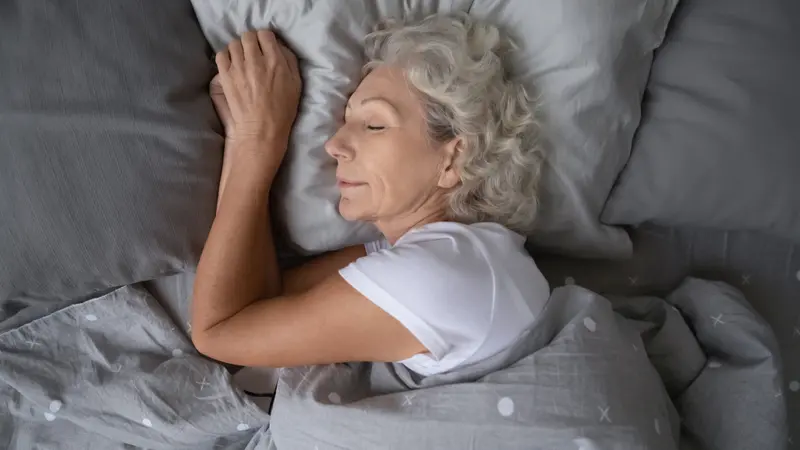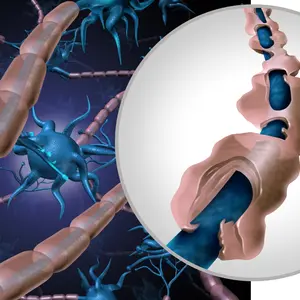

WELLthier Living and Aging

WELLthier Living and Aging
Could Sleep Be a Key to Preventing Cognitive Decline?
Research shows sleep has a powerful influence on health and well-being, influencing inflammation, hormone balance, decision-making, moods, eating habits, and more. A new study now suggests that sleep may also play a role in cognitive decline, a finding that may have implications for dementia prevention.
Published in JAMA Network Open, the new study analyzed data from more than 20,000 participants aged 45 and older in two cohort studies, in China and the United Kingdom. Researchers assessed sleep duration and measures of cognitive status such as memory and executive function for participants over multiple years, to assign each participant a “z score” that reflected global cognitive function. Researchers compared baseline data to follow-up data in later years.
The study found that at the extremes of sleep duration, defined as 4 or less hours of sleep and 10 or more hours of sleep, participants had lower global cognitive function when compared with people in the reference group who slept an average of 7 hours per night. The researchers found a statistically significant association between extreme sleep duration and lower cognitive function at baseline, and between extreme sleep duration and faster cognitive decline at follow-up assessments. Researchers noted that memory was the main cognitive measure affected by sleep.
Even when body mass index, blood pressure, lifestyle factors, and illnesses were factored in, these associations remained. Though the study does not prove causality, the findings add to a growing body of research on the links between sleep and cognition. The authors conclude that as more is learned about the link between sleep and cognition, sleep may become a marker for cognitive function and, perhaps more importantly, has potential as a preventative measure for dementia.
REFERENCES
David Perlmutter MD. (2020, October 27). Sleep duration and cognitive decline. https://www.drperlmutter.com/sleep-duration-and-cognitive-decline/?


 By
By







